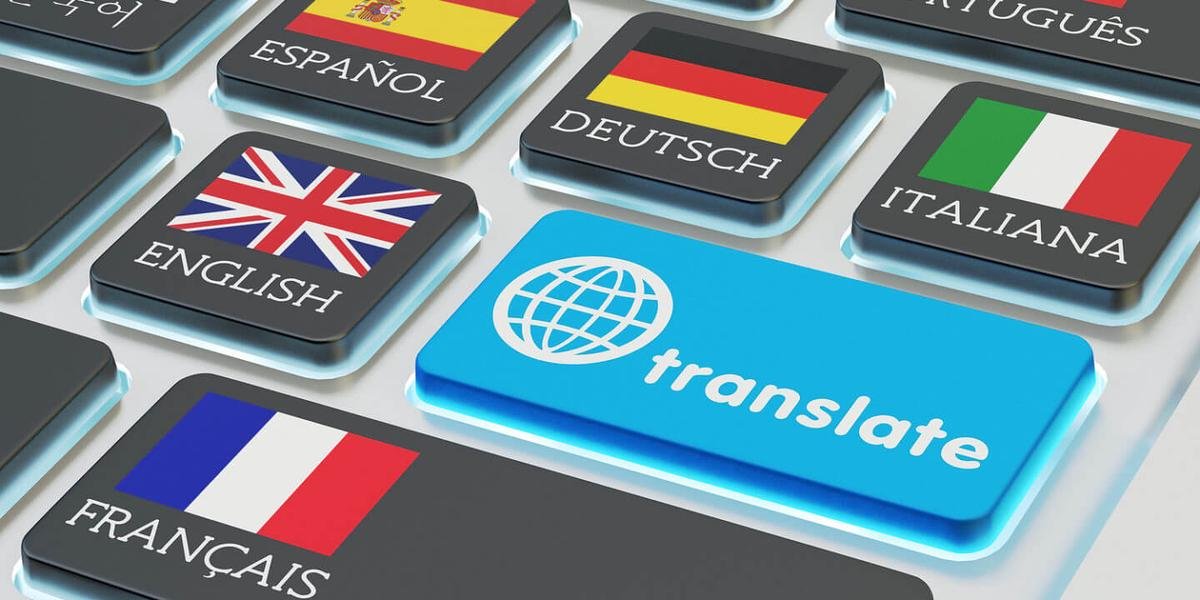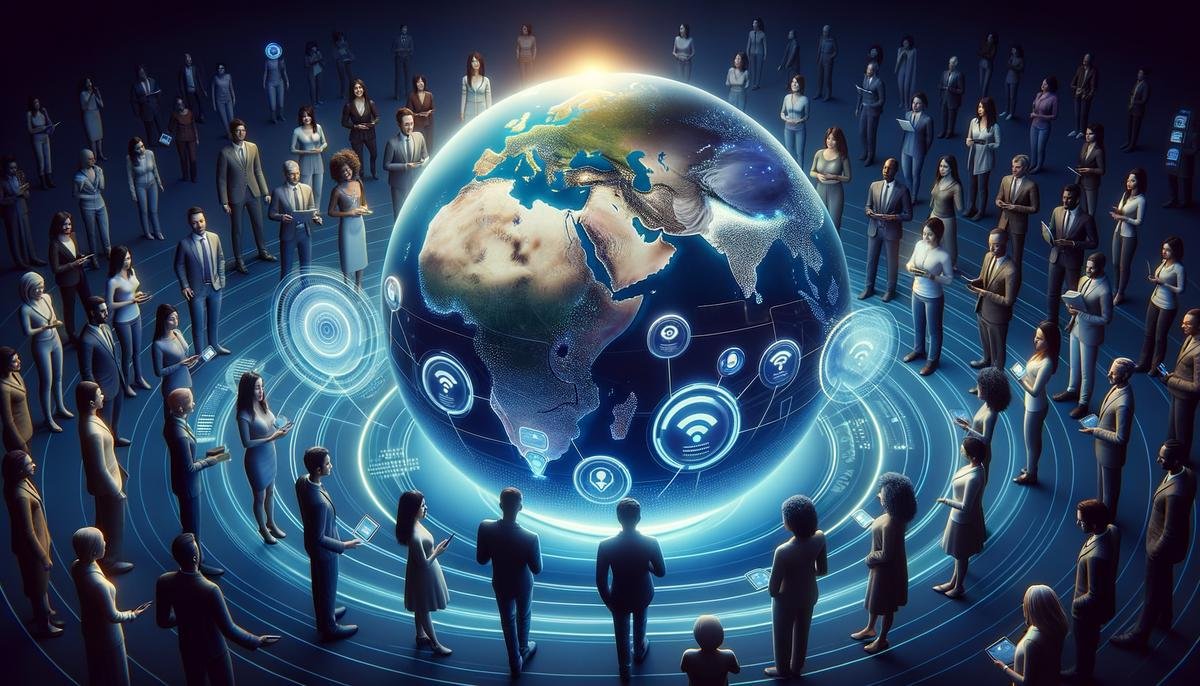Understanding AGI and Its Potential
Artificial General Intelligence (AGI) aims to mirror human thought processes, unlike Narrow AI systems that execute specific tasks. AGI's potential to adapt across diverse activities could revolutionize fields like language translation.
One notable effort is the "Time to Edit" (TTE) metric developed by Translated, which measures the time required for human editors to amend AI translations. From 2014 to 2022, Translated's AI improved its translation accuracy, progressing from 3.5 seconds per word to 2 seconds, moving closer to human-equivalent translation.
Such advancements have broader implications. The South Korean government has announced a 931.3 billion won investment over seven years to develop AGI, aiming to stimulate technological growth and address workforce challenges.
As U.S. lawmakers encourage the federal government to appraise AGI in AI development efforts, it's clear that harnessing human-like AI thinking is becoming a strategic priority. Companies like OpenAI are developing AI systems that can handle multiple tasks, intensifying the competition in this field.

South Korea's Investment in AGI
South Korea's 931.3 billion won investment in Artificial General Intelligence (AGI) over seven years marks a significant moment in the global AI landscape. This commitment expresses South Korea's desire to lead in AI technology, aiming to develop AGI capabilities that mirror human cognition and adaptability.
The investment breakdown includes:
- 887.5 billion won from the national treasury
- 43.8 billion won from private sectors
This consolidated national effort underscores South Korea's commitment to pioneering AGI, which could pave the way for innovations across industries, enhancing economic growth and international competitiveness.
This move also highlights an awareness of potential societal shifts that AGI might catalyze, such as changes in labor dynamics. By initiating projects like the "CCU Mega Project" alongside AGI efforts, South Korea demonstrates a commitment to using technology as a cornerstone for sustainable development.

AGI in Language Translation
Advancements in language translation through AGI are redefining global interactions. The "Time to Edit" (TTE) metric crafted by Translated offers insights into the journey toward achieving human-level accuracy in translations. Over an eight-year period, the time needed to correct each AI-suggested word dropped from 3.5 seconds to 2 seconds, showcasing progress towards parity with human translation capabilities.
Achieving human-level translation accuracy could:
- Transform industries reliant on multilingual communication
- Invigorate cultural exchange
- Enhance international diplomacy
As AGI systems enhance their translation capabilities, they become an essential component of societal infrastructure, prompting economies to adjust and innovate.
However, these advances also pose questions about the future landscape of AI in translation. As AI continues to evolve, honing its ability to perform complex linguistic tasks with human-like precision, it paves the way for unprecedented global connectivity and cooperation.

The Path to Technological Singularity
The concept of technological singularity, where artificial intelligence surpasses human intelligence, remains a significant milestone in the technological domain. AI's progress in tasks like language translation hints at a potential future where computers not only perform parallel to humans but innovate autonomously.
The implications of reaching technological singularity with AGI-driven translation capabilities extend beyond technical achievement. While it could enhance global cooperation and understanding, it also raises questions about preserving linguistic diversity and cultural uniqueness.
"The change is so small that every single day you don't perceive it, but when you see progress … across 10 years, that is impressive," – Marco Trombetti, Translated CEO
As AGI approaches singularity-like capabilities, challenges mirror opportunities. Technology could democratize access to information, but it also raises concerns about privacy, data security, and ethical considerations. The onus is on policymakers, researchers, and society to ensure that AI's transformation promotes equity and enriches human experiences.
Companies developing AGI technologies must balance leveraging AI's power with maintaining human agency, ensuring that advancements enhance rather than diminish the world's rich array of languages, cultures, and human endeavors.

Global Implications of AGI in Translation
AGI-driven language translation could significantly impact economic, social, and cultural spheres. Economically, it could alter international business by removing language barriers, streamlining negotiations, and increasing productivity across global supply chains.
Socially, AGI-driven translation promises unprecedented connectivity, enabling global communication and collaboration. It could become a fundamental tool for education and community building, potentially reducing educational disparities.
However, these opportunities come with challenges:
- Risk of cultural homogenization
- Potential marginalization of minority languages and cultures
- Disruption of traditional translation and language instruction industries
- Need for workforce reskilling
- Data privacy and AI transparency concerns
Balancing global communication with cultural preservation becomes crucial. As these systems process vast amounts of linguistic data, securing sensitive information and maintaining public trust become paramount.

As AI progresses, AGI in language translation stands out as a pivotal development. While it promises to redefine global communication and interaction, the path forward requires careful navigation to harness its potential while addressing associated challenges.
- Ministry of Science and ICT. South Korea to invest 931.3 billion won in AGI development. Press Release. January 24, 2023.
- Translated. Time to Edit: A New Metric for Measuring Progress in Machine Translation. White Paper. 2022.
- Trombetti M. The Future of AI Translation. AI Conference Proceedings. Orlando, FL; December 2022.




